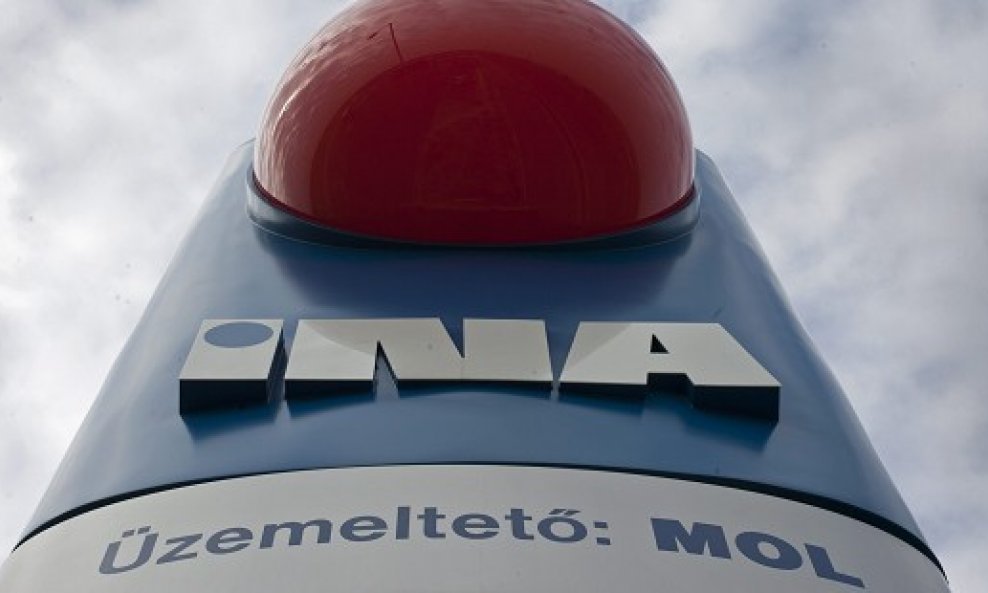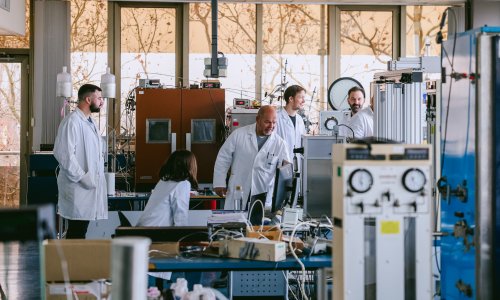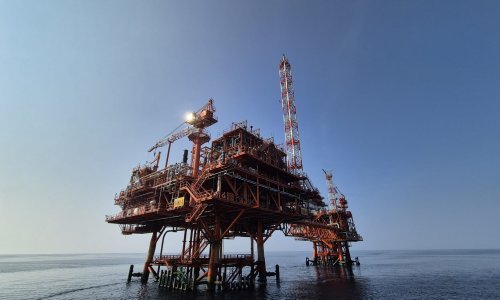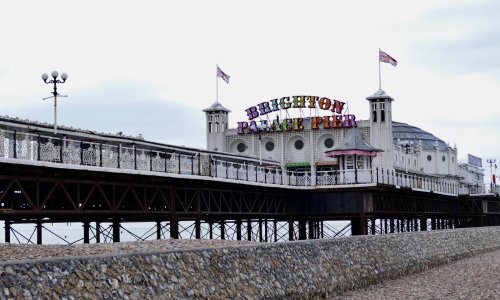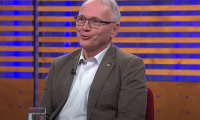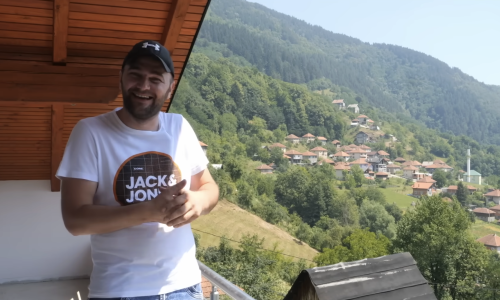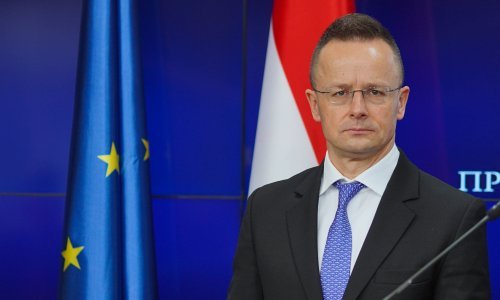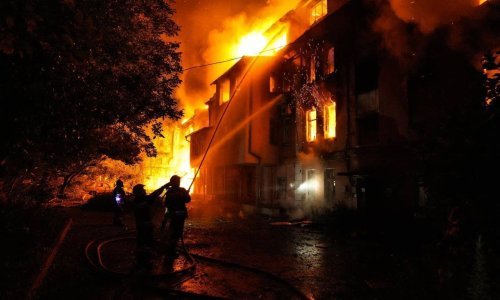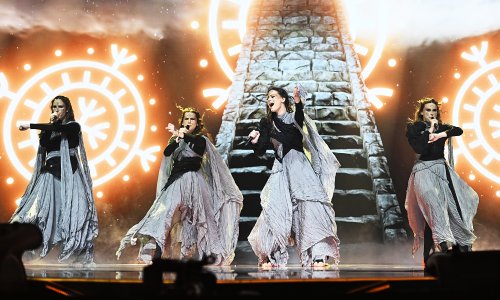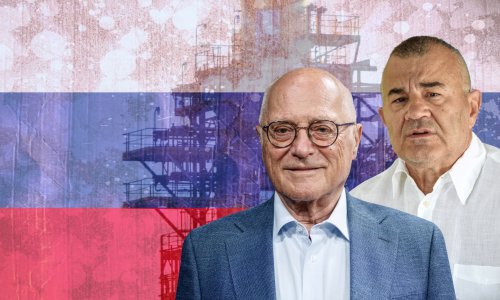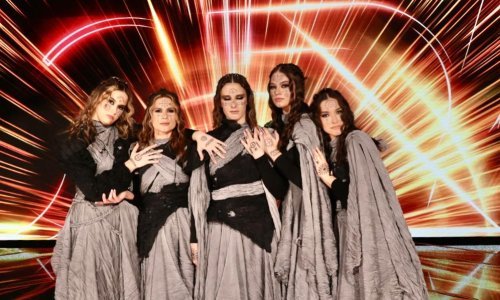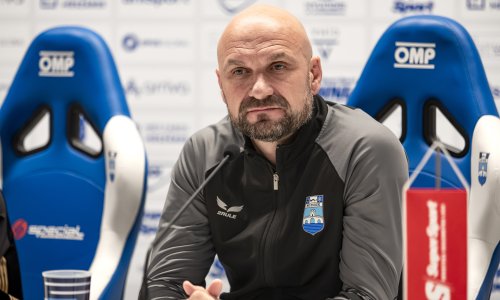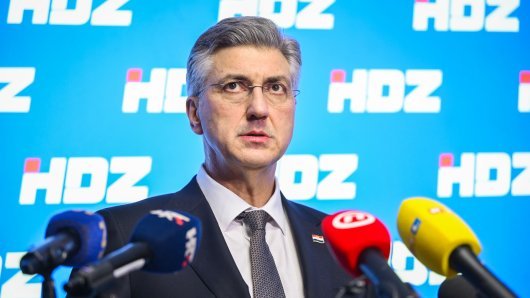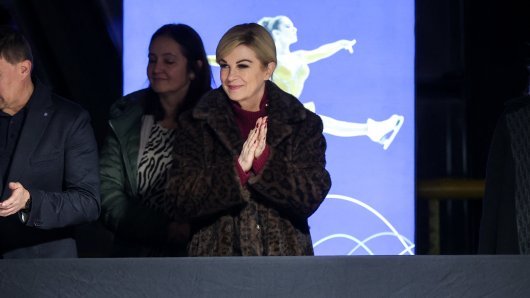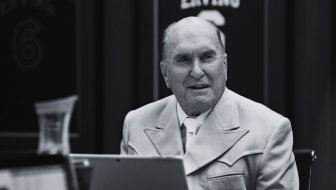Hungarian oil and gas group MOL will not give up management control of Croatia's INA, the chairman of MOL's supervisory board, Gyorgy Mosonyi, said on Friday ahead of talks with the Croatian government which wants a bigger say in INA.
Mosonyi told Reuters news agency in an interview that some changes to the existing shareholder agreement could be considered, such as over veto rights, and he was optimistic a deal could be reached that could set out a new strategy for growth at INA.
"I'm absolutely confident that we can sort out these sometimes artificial differences between two shareholders during successful negotiations," he said, adding he expected talks, due to start next week, to conclude this year.
Croatia sold 25 percent of INA to MOL in 2003 and then let it raise its stake to 49.1 per cent and take management control of the firm. But tensions between MOL and the Croatian government, which owns 44.8 per cent of INA, have been rife ever since, with Zagreb questioning the second deal and accusing MOL of not investing enough in INA and MOL countering that Croatia had not stuck to its pledge to take on INA's loss-making gas business.
Last year, former Croatian prime minister Ivo Sanader was found guilty of agreeing in 2008 to accept a 5 million euro payment from MOL in exchange for granting it a dominant position in INA. Both MOL and Sanader have denied any wrongdoing and Sanader has filed an appeal.
Mosonyi said these were separate issues and should not have an impact on talks. "This is a business discussion where these unfounded legal accusations will not play any role," he said.
Mosonyi declined to say whether MOL might sell its stake in INA if the discussions with Croatia failed, but said MOL was not in talks with any potential buyers, including Russia's Rosneft which has been tipped by some media as potentially interested.
Mosonyi rejected the suggestion MOL was responsible for not investing enough in INA, saying it had wanted to do more but had been hindered by the Croatian government.
MOL had invested 3 billion euros in INA so far and saved it from bankruptcy in 2009 with an intercompany loan, he said.
"We cannot accept the blame that we are not investing enough," Mosonyi said. "We want to invest more, far more in refining, in retail, in upstream, but we need the support of the other shareholder who has the right to issue permits."
MOL could finish the delayed coker plant at the refinery by 2017, making it profitable, he added. He said MOL could also lift onshore upstream production in Croatia by 4,000-6,000 barrels per day if it had the operating permit. The government revoked the licences in 2011.
Mosonyi confirmed a press report that MOL was ready to sue Croatia and demand at least 2 billion kuna ($351 million) in damages for Croatia's failure to take over INA's loss-making gas business or apply market prices, which it agreed to do in 2009.
"Take it (the gas business) over, or have the market prices, does not matter which one. But no more losses in the future and compensate the past losses. It's a very crucial point of the negotiations," Mosonyi said.
"For the last four years they (the Croatian government) created cash damage for INA and for the shareholders of INA," he said, adding MOL would be obliged to take legal action on behalf of its shareholders if the situation wasn't resolved.
Negotiations between MOL and the Croatian government's negotiating team, which includes Economy Minister Ivan Vrdoljak and the head of the State Property Management Office Mladen Pejnovic, are to start on September 18.
In light of speculations that the government was considering to withdraw from INA's ownership structure if the talks with MOL failed, Vrdoljak said earlier this week that the government would certainly not do that because INA was a strategically important company.
"Never, as long as I am the Minister of the Economy, will INA be MOL's subsidiary, and that will the first condition of the talks, but a separate company in which MOL and the Republic of Croatia can find a common interest," Vrdoljak said.
He said he expected constructive talks and that MOL would see for the first time a serious, statesmanlike approach to negotiations on the interests of the government and citizens in INA.
"Talks will be systematically prepared. We need to discuss all the open issues very seriously. First, any restructuring processes or dismissals should be stopped while negotiations are in progress, after which we will exchange views on management," Vrdoljak said.
Vrdoljak stressed that INA could not operate and be managed outside the Companies Act. Among other major outstanding issues he cited the refineries, the agreement on the gas business and the present and future wholesale of oil.



